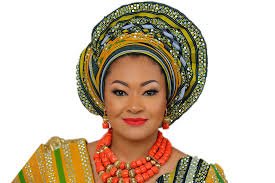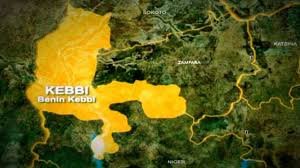The Director General of the Institute For Peace and Conflict Resolution (IPCR), Dr. Joseph Ochogwu, on Wednesday, stated that social protection is a major policy instrument that will primarily address some of the issues we are striving to find solutions for.
Ochogwu made this declaration during the opening ceremony of the conference on social protection and economic uncertainties, organized by the Conflict Research Network West Africa (CORN) in partnership with the Institute For Peace and Conflict Resolution (IPCR) in Abuja.
He explained that from 2015 to the present day, social protection has become a significant policy instrument that the Nigerian federal government uses to tackle the issues of inequality across the country.
“For our studies, the strategic conflict assessment of Nigeria and several other studies have identified poverty and unemployment as the major drivers of conflict across the country.
“When a social intervention program like the social protection policy development is in place…
Read Also: Fire Incident: Canadian Embassy Suspends Operations
While discussing the conference, Ochogwu noted that what social protection does is an inclusive process, aiming to include vulnerable people within the government’s circle. However, it’s worth mentioning that there is a wide gap between policies and research policies and their actual implementation.
“We have embarked on this conference journey because we believe that we will go further to showcase social protection as a policy that requires much more empirical information to inform policy and practice.
“There is no doubt that there are obvious gaps in the implementation of social protection, depending on the population category we are targeting alongside.
Also speaking, the Development Director of the British High Commission, Chris Pycroft, said, “In Nigeria over the last decade, the social protection architecture has advanced significantly at both federal and state levels.
We expect this progress to continue with the strong political mandate outlined in President Tinubu’s government manifesto.”
“Our approach involves patient engagement, supporting governments in building national social protection systems and working towards domestic financing to make social protection self-sustaining.
The UNICEF Country representative for Nigeria, Cristian Munduate, stated, “Our commitment to Nigeria remains steadfast. Our work in this country reflects our dedication to supporting the most vulnerable, particularly in conflict-affected regions.
“We strive to ensure that these children receive the protection, education, healthcare, and nutrition they need through government-led social protection systems.”























